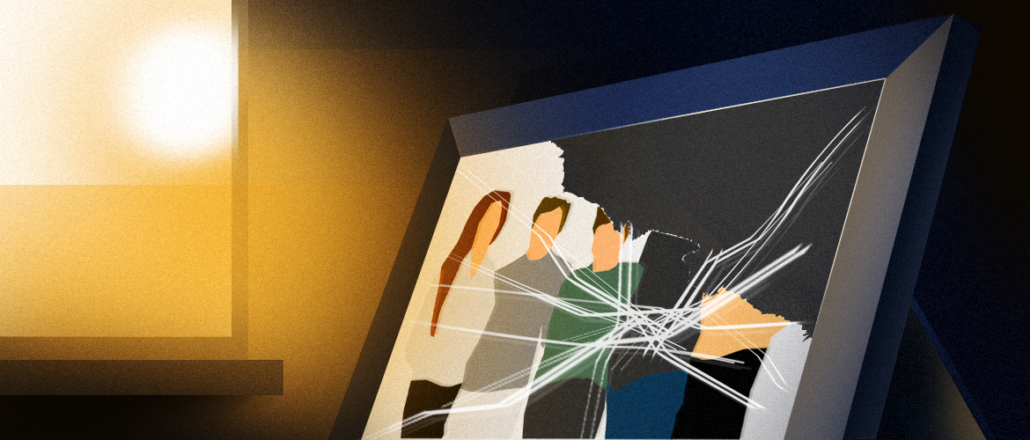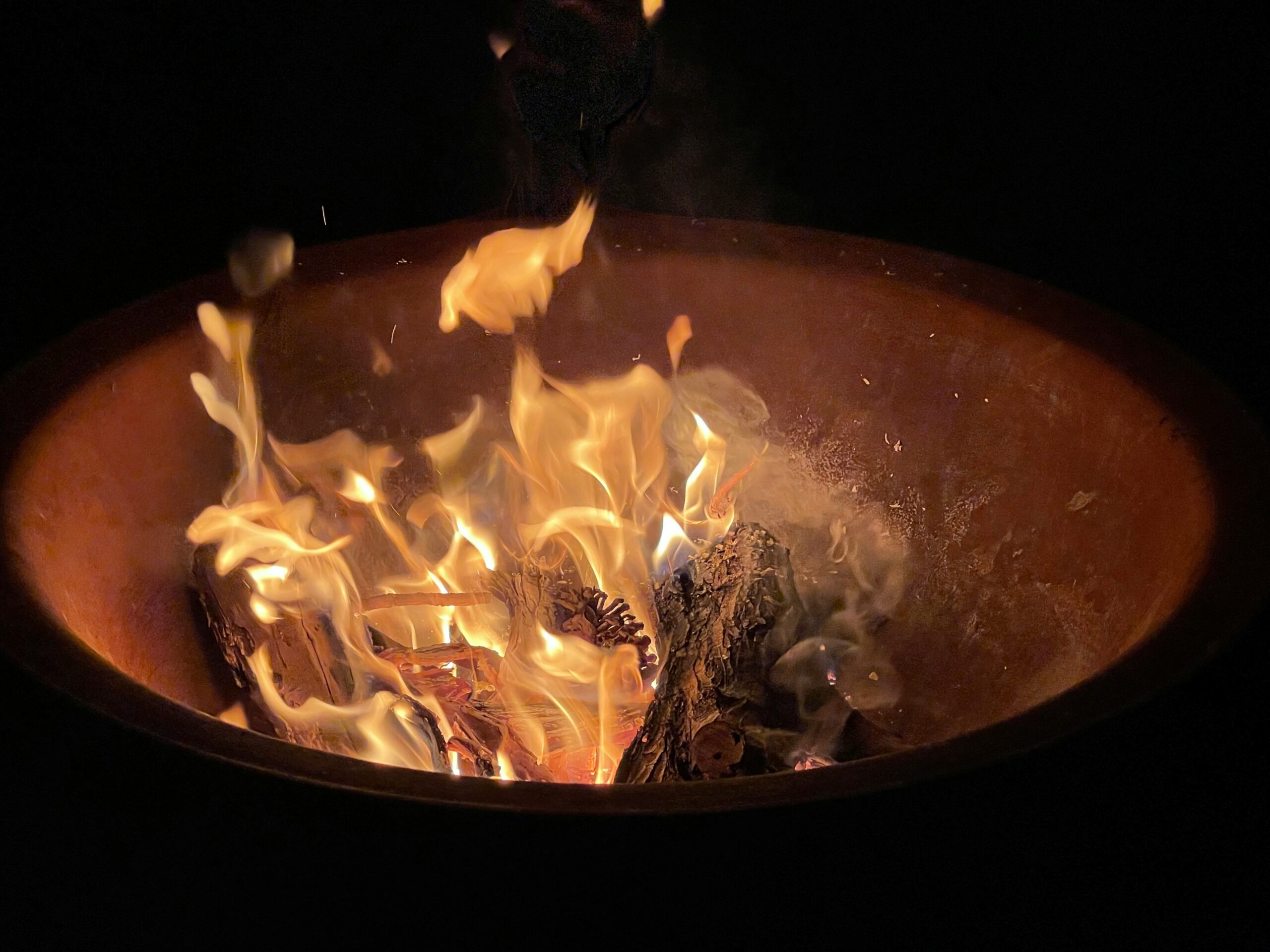Dedicated to the memory of Sarah Brenner Rubin z”l
Three generations gathered to bury a matriarch at a funeral I attended last week. Tempering the sadness was an extended family finding comfort in each other’s arms and the joy of being together. Cousins embraced cousins, and grandparents held grandchildren. I thought about the Jewish family breakdown, how increasingly rare is the gathering of an extended Jewish family.
In Deuteronomy 12:7, the Hebrews are taught to worship as a family unit. “Together with your households, you shall feast there before your God יהוה, happy in all the undertakings in which your God יהוה has blessed you.” This prescription for Jewish life is gathering with gratitude and engendering happiness as a family. I understand Jewish celebrations to be household events, and the household conceived by Torah is that of family.
My earliest memory of family engaged in Jewish ritual was the Passover seder at my grandparents’ home. I recall the house filled with people sitting at long tables. My grandfather mumbled his way through the Haggadah. I remember plates piled high with food. 
For my grandparents, the family was the daily focus of their lives. Grandparents, parents, and children shared a home, went to synagogue together, and observed holidays. Aunts and uncles lived around the corner. My parents’ generation stretched the family into the suburbs. Family meals were relegated to once-a-week treks back to Brooklyn. When I visit Brooklyn now, I count the cars on the New Jersey Turnpike, wondering if they, too, are driving to be with family for seasonal visits.
Now, remote work enables us to move anywhere with an internet connection. Easy access to air travel encourages relocation. And the wandering child can proclaim, “Southwest Airlines has frequent flights from DC.” Celebrating holidays as a family requires factoring in secular holidays like time off for Thanksgiving and Christmas week. Every working person seems to be counting on vacation leave from work.
Geographic distancing is creating dire emotional challenges to the healthy function of families. A nuclear family living in the same metropolitan area is rare among my friends. Distance is a form of estrangement. Facetime calls can’t replace family dinners. Texting isn’t as personal as a visit. I’m nostalgic for the twentieth century’s close-knit Jewish family.
I can blame modernity for undercutting Torah. We benefit from life-changing innovations that contribute to the distancing of Jewish families engaged in Jewish life. For example, the internet has profoundly impacted how families celebrate Jewishly. We can stay home in our pajamas and watch Shabbat services online. The covid pandemic taught us how to use Zoom for circumcisions and funerals, Passover seders, and High Holiday services. Your internet connection might be strong, but your family’s Jewish identity is likely weakened.
Judaism’s challenge in the 21st century is presenting compelling reasons for households to prioritize family gatherings. Our Shabbat dinners and Hanukkah celebrations must be joyful and infused with a holy purpose.
Judaism is best practiced as a family unit. We eagerly gather as a family for life cycle events, funerals, weddings, and b’nai mitzvahs. Yet, life cycle gatherings are only a starting point for fostering a healthy Jewish life. Ultimately, Jewish identity is best formed in the regular gathering of households, generally eating together. A recent survey proved this point. Grandparents with frequent and consistent family relationships often determine whether grandchildren will engage in Jewish life.
It is not just for the sake of Judaism that family gatherings are essential. If blessed with loving family relationships, the physical embrace of siblings or children improves our mental health. Celebrating family events improve spiritual health, nurturing our souls. Tending to family relationships, in the context of Jewish life, measurably enhances our lives. Behind Jewish practices is brilliant psychology of how to increase happiness.
We can’t turn back time, disable the internet, and stop all air travel to restore the primacy of the Jewish family. However, we can cherish family time. In addition to life cycle events, we can pay special attention to gathering for holidays. Make building a sukkah an opportunity to engage grandchildren. Schedule family hikes on Shavuot. Prioritize family as critical to the future of Judaism and keep nourishing your life.
Rabbi Evan J. Krame




